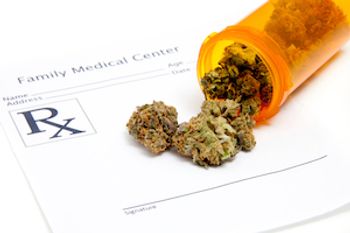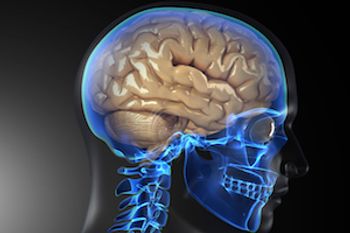
Most studies on the potential of marijuana, classic hallucinogens, 3,4-methylenedioxymethamphetamine, and ketamine have been small with methodological flaws, but the promising results from existing studies suggest that larger studies are warranted, said William M. Suavé, MD, medical director, Greenbrook TMS NeuroHealth Centers, during a presentation on the therapeutic potential of illicit drugs.









